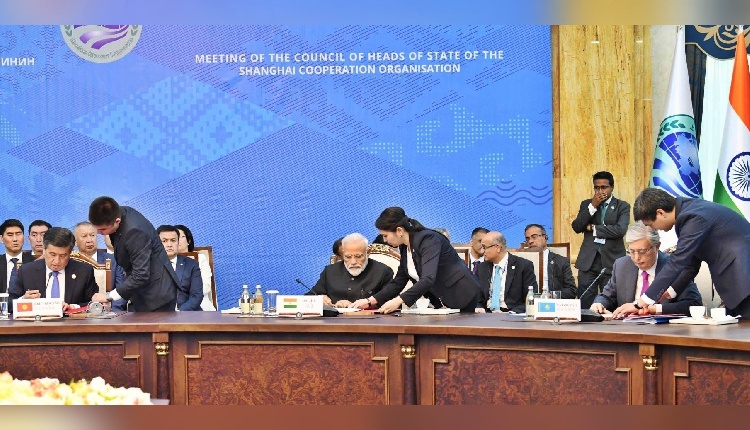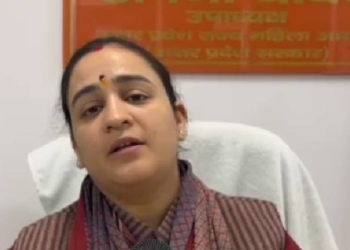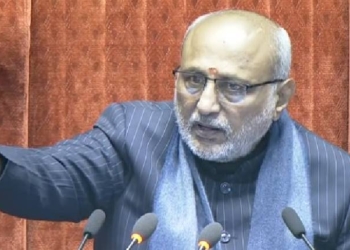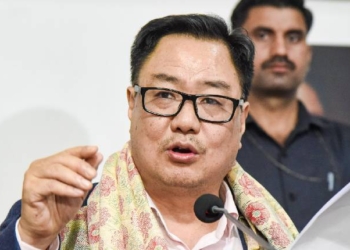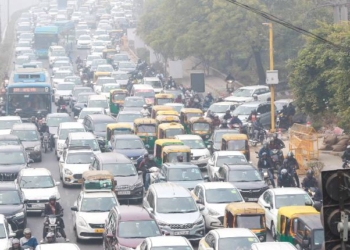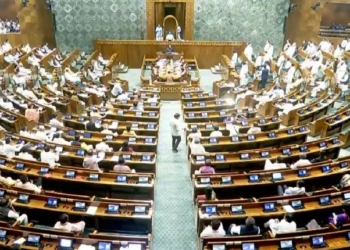Islamabad: As Pakistan has invited Prime Minister Narendra Modi to visit Islamabad for the upcoming Shanghai Cooperation Organization (SCO) Council of Heads of Governments (CHG) meeting, scheduled on October 15 and 16, analysts see it as a “protocol and not political stunt”.
“Pakistan has invited Indian PM Narendra Modi and other member states to visit Islamabad for the SCO meeting. Being a host, this is a formal invitation and part of the process in practice by the host country to invite all member states to attend the meeting,” sources in the Foreign Office said.
PM Modi is unlikely to accept the invitation and visit Islamabad for the meeting as relations between the two neighbouring countries have been stretched since August 5, 2019 when India abrogated Article 370, changing the status of the state of Jammu and Kashmir.
It is expected that PM Modi may depute a ministerial delegation to represent India as the SCO meeting does not require heads of state to participate. In the past as well, SCO CHG meetings have been represented by Indian ministerial appointments and the same is expected to come into force this time as well.
Analysts are wary about the possibility of PM Modi visiting Islamabad.
“Extending invitations to PM Modi and all other member states is a compulsive protocol any host country follows. Pakistan has done the same. I do not see this as a political stunt. However, I do not see PM Modi landing in Islamabad,” said political analyst Kamran Yousaf.
“Indian government’s policy for the past decade has kept any initiatives to move towards normalisation of relations with Pakistan, consistently on the back burner,” Yousaf claimed.
Barring SCO, the two nations have refrained from initiating any engagements on various platforms and have raised questions and concerns against each other.
Last year, Pakistan’s foreign minister Bilawal Bhutto Zardari visited India for the SCO Foreign Ministers’ meeting.
The other reason why both sides have been able to attend the SCO meetings and manage to work together on this particular platform is that the Organization’s charter does not allow member-states to raise bilateral issues and keeps its focus on regional matters.
(IANS)




